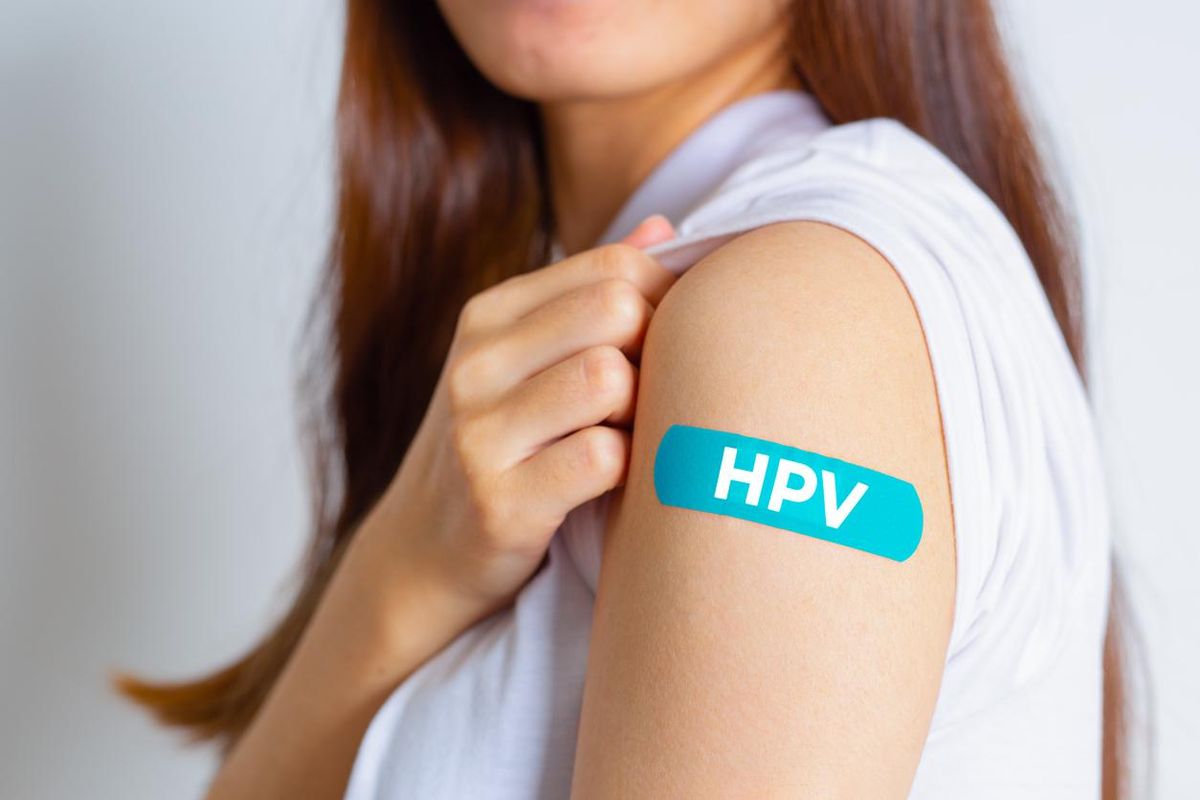
iStock.com/KTStock
Your Guide to HPV & Cervical Cancer
Learn about everything HPV from missing an HPV vaccine dose to learning the cause of cervical cancer to finding precancerous cells in the cervix
True
23 Aug 2023
28 Aug 2023
Programs
Learn about everything HPV from missing an HPV vaccine dose to learning the cause of cervical cancer to finding precancerous cells in the cervix
The Covid-19 pandemic caused many women to put their regular health checkups on hold. You may have missed some vaccines, like those for the human papillomavirus (HPV), but luckily, you don’t have to start over with the HPV vaccines series, even if you missed a dose. Getting back on track with your HPV vaccine can help prevent up to 90% of cancers caused by the virus.
HPV is very common — more than 42 million people in the United States have it. Experts say that everyone who is sexually active will get the virus at some point. Although HPV can’t be treated, most people never develop any symptoms. The infection generally goes away on its own, but some people develop genital warts or HPV-related cancers, including cervical cancer in women. Nearly all cervical cancer is caused by long-lasting infection with certain types of HPV. Our graphic article will tell you more about the different stages of and treatments for cervical cancer.
You can also follow Anna’s journey with HPV that was discovered after a routine Pap test came back abnormal, which led to an HPV test that revealed precancerous cells in her cervix. “I always used condoms with my partners, and yet I still contracted this potentially lethal virus because condoms can’t offer complete protection from HPV,” she shared.
Make sure your health is a top priority, and talk to your healthcare provider about whether the HPV vaccine is right for you.
This resource was created with support from Merck.